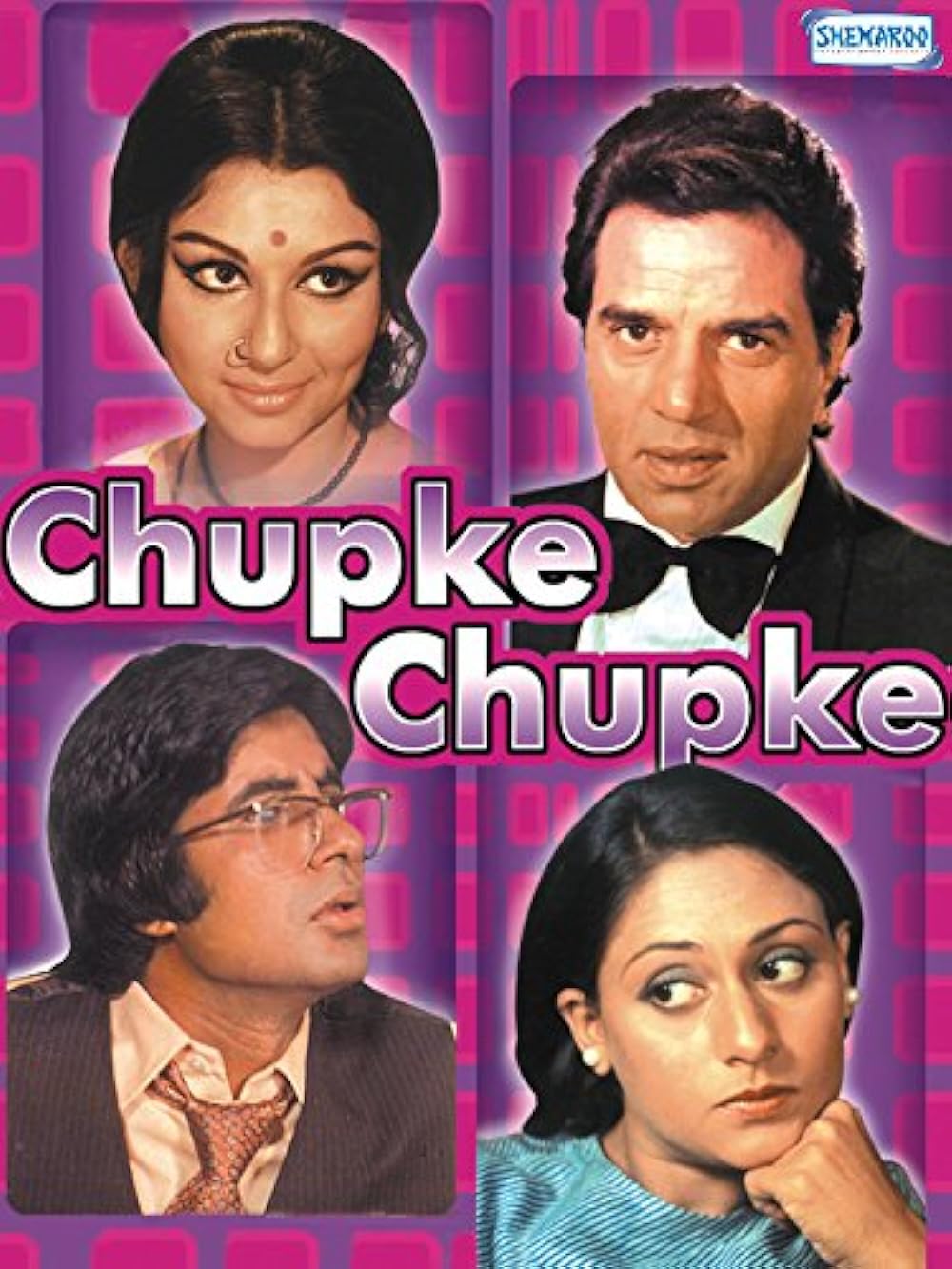I am not sure - were you expecting to assemble a Lamborghini first day of vehicle production school?It's 2024 almost and I'm learning about 8085 as well.
I kind of get your point too - I always used to feel 'why am I learning this' every day in comp science grad course. The solution is simple: If the professor explained in 5 mins how this will be useful in real life, it will take away most of the frustrations.
The microprocessor architecture and the programs I wrote in assembly help me every day writing react, node, go, python code and debugging critical issues. You HAVE to learn addition and subtraction before calculus.
That's unfortunate. I feel bad for you, getting good teachers needs a lot of luck.They just ask me to Google or shout at me for not paying attention to class.
I kind of disagree. I used to remember a lot of things by writing with pen and paper. Physical books is still my go-to for reading. Could be because I was using them from the beginning?Also about supporting e-ink tablets /note taking devices instead of carrying around heavy bags and text books. And many children, especially young girls getting long term health issues from this.
There is an alternative: Arrange lockers/shelves for everyone so that they don't have to carry classwork notebooks and textbooks. Let them take home what they need.
In my opinion, black(or green)board and chalk is still the best method to teach theory. Actual practicals and experiments will always be better.
Gifted is such a great movie for this - I always feel the things we learn in schools from social interactions have no replacements.





